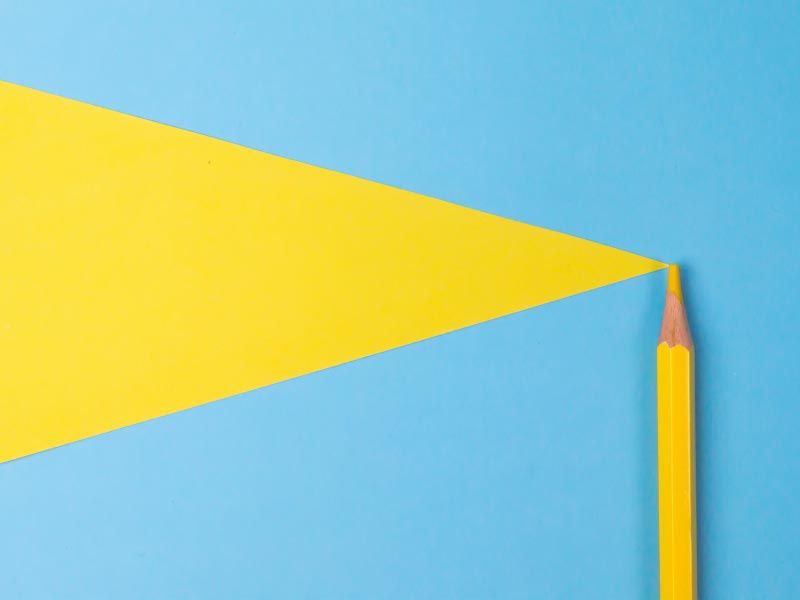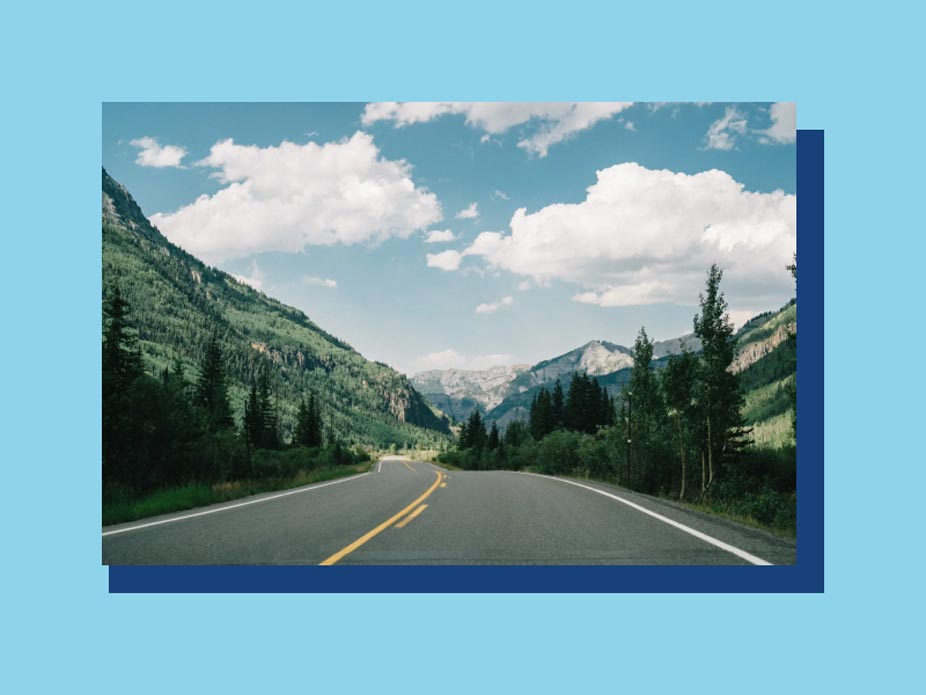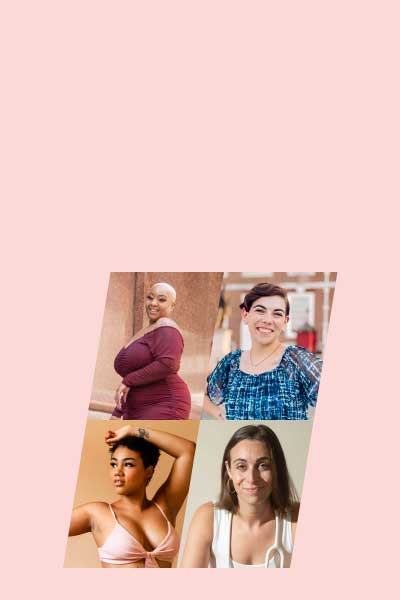
The Top 4 Lies You’ve Been
Told About Sex Educators
By Kathleen Morrison
August 31, 2021
September is Sexual Health Awareness Month! To celebrate, Wisp is turning up the volume on conversations about sexual health by featuring some of our favorite topics and the sexperts who know them best.
What do you remember about Sex Ed in school? Depending on what state you grew up in and whether you went to a public school or a private one, your experience may have varied wildly. Did you learn about birth control options, STD prevention, and how to put on a condom, or was your experience more of a “Don’t have sex or you will get pregnant and die” flavor?
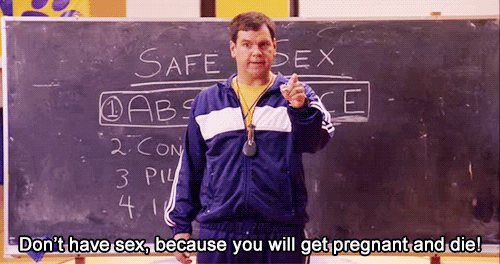
You may not have received sex ed at all — only 29 states require sex education to be taught in schools, and only 15 states require the information that is taught to be medically accurate. It’s no wonder most of us reach adulthood with a lot of questions and misconceptions about sex.
Luckily, there are plenty of people out there who find their true calling in spreading medically accurate, inclusive sex ed knowledge! These brave souls have made it their mission to teach the rest of us what we missed out on learning in high school. However, due to society’s taboos around sex and talking about it, these sexperts often face lots of misconceptions about what they do. We went straight to the source and talked to a few sex educators about their jobs and how they are working to end stigma, spread knowledge, and encourage LOUD conversations about sex!
Sex educators are all OBSESSED with sex.
No way! Sex educators all get into the field for different reasons, but it doesn’t mean they’ve got sex on the brain 24/7. Don’t get it twisted — these sexperts definitely spend a lot of time talking about sex, but most of that time is spent educating others on how they can stay safe and healthy while navigating the different aspects of their sexualities. Kai Michelle (AKA, The Stylish Sexologist) knows about this misconception firsthand.
“[They say,] ‘Oh, you're a sexologist? You must be a big freak? You must have a lot of sex. You must give AMAZING head.’ Every time I laugh. I'm literally studying sex education because I want to reach and teach people who lack the sexual health information we need. I want to attend conferences as a keynote speaker and create sexual diversity trainings to market to companies; end stigmas and rid taboo topics from the sex space; I want to encourage people to be their sexual sensual self, explore kinks, and not let society decide their narratives. That’s what I want to do. But when I tell people my title, and that I am a sex blogger, they think I'm on Instagram posting homemade porn videos!”
Sex educators tell you how you should be having sex.
Nope! Sex education is an enormous field—some people are busy teaching teens how to stay safe, while others work with couples to improve their intimacy. None of these professionals can tell you what kinds of sex you should be having, but they can help guide you so you can have a happier and more satisfying sex life. We spoke with Violet, a pleasure coach and educator, about what her work means and the role she plays for her clients.
“I think the biggest misconception is that sex and pleasure coaches work with you to help you have orgasms, or figure out sex positions that work better for you. That is true, but the real thing that we do is help folx move through emotional and sexual blockages that hinder us from allowing ourselves to experience more pleasure. Often times, folks are not given the tools to explore their own desires, motivations, and fears around sex, and are encouraged to push through those things for the sake of having what they believe to be "good sex.” It's not JUST about the orgasms, and oftentimes having more orgasms, and a larger capacity or pleasure is a byproduct of working through sexual shame, and internalized guilt.”
Sex education is just about biology.
It isn’t just the “ins-and-outs,” so to speak. Sex and relationships are a huge part of our lives and our sexuality also involves questions about who we are and our place in society. How people view us can play a big role in who we have sex with, how sexual we feel comfortable being, and how we feel about our sexual identities. For instance, Kai Michelle focuses on working with black girls and women who are often oversexualized from a young age. She says, “I am advocating for Black Girl Pleasure because since girlhood, black girls have been over-sexualized, called "fast-tailed girls" for simply having a body. So these black girls find shame in parts of themselves that should bring pleasure.” Black and queer sex educator Tara Michaela, agrees, “My sex education work centers black women and queer folks. I'm most interested in helping black women detach from harmful stereotypes, such as that we are hypersexual, grotesque, or stuck in a cycle of becoming "baby mamas,” and actually make decisions around their sexuality for themselves.”
LGBTQ+ Writer and educator Zoe Stoller is also passionate about the intersection between identity and sex, writing, “I am very passionate about working with the LGBTQ+ community and helping people navigate their identities — as well as their physical and mental selves. I especially love talking openly about sex education and the various ways people can connect to intimacy and pleasure, with a specific focus on LGBTQ+ experiences (particularly the asexual community, which I'm a part of), as much of the sex education in the world revolves around cisgender/heterosexual identities — but LGBTQ+ people deserve the same kind of knowledge and education, tailored to their specific needs."
Masturbation can’t be a part of sex education — it doesn’t count as sex!
Masturbation is actually one of the safest forms of sex — it’s the only type of sex where you can be sure you won’t become pregnant or get an STI. Unfortunately, it’s also quite a taboo topic, especially for many women and other people with vaginas. Because so few people are comfortable talking and sharing information about masturbation, Dr. Olivia Richman reports that questions about masturbation are some of the most common she receives. She says, “The most asked questions I get from followers is about masturbation. Masturbation is a wildly popular, yet still very misunderstood topic. Masturbation and sex still tend to be taboo topics in our society, so addressing the stigma we have about ourselves and our bodies is critical in becoming satisfied with our sex lives and the relationships we form with ourselves and others!”
Follow all of the incredible sex educators featured here for more sex education goodness!
Kai Michelle, The Stylish Sexologist (she/her)
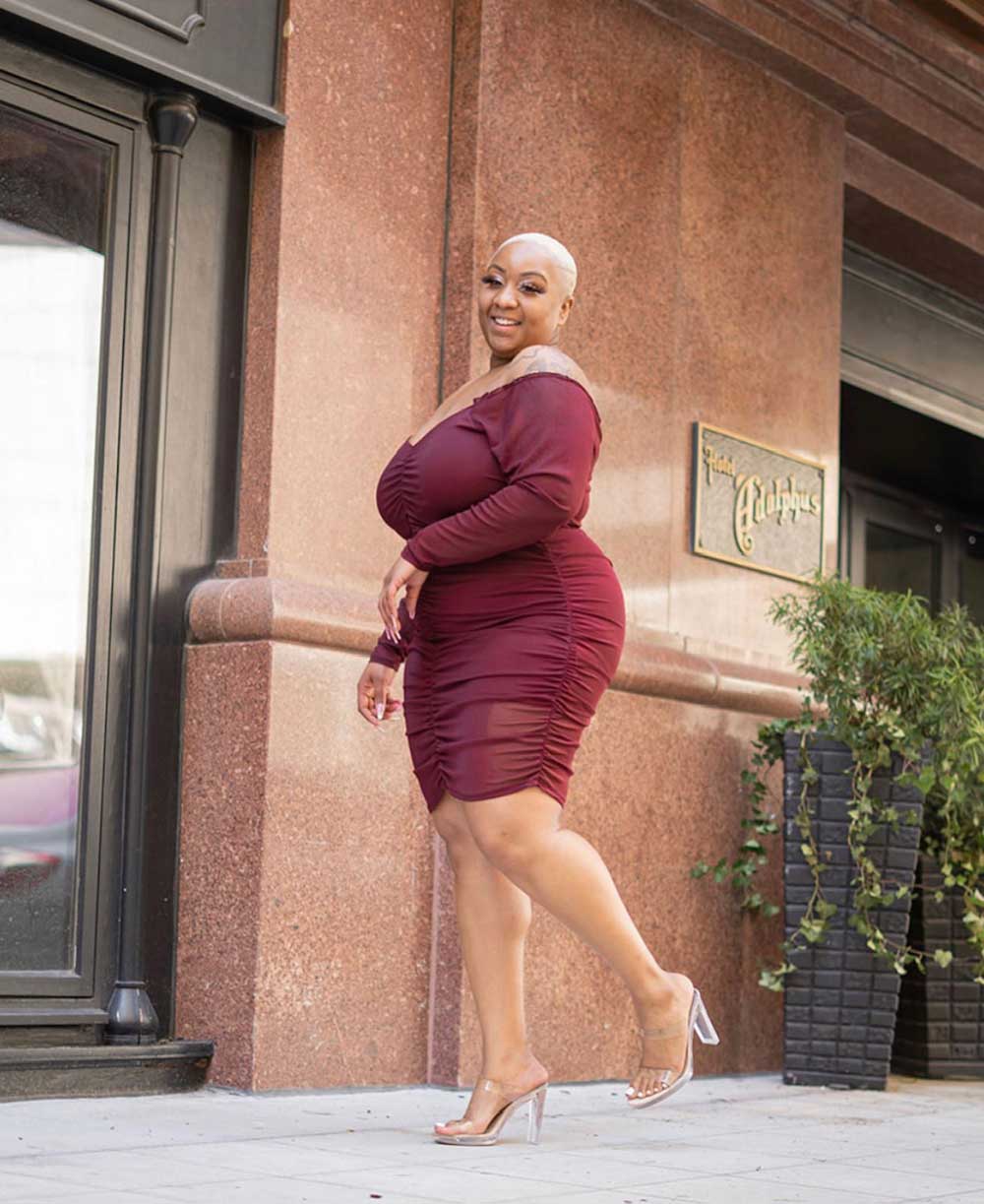
- Instagram: @MsKaiMichele and @thegoodsexblog
Violet (she/her)
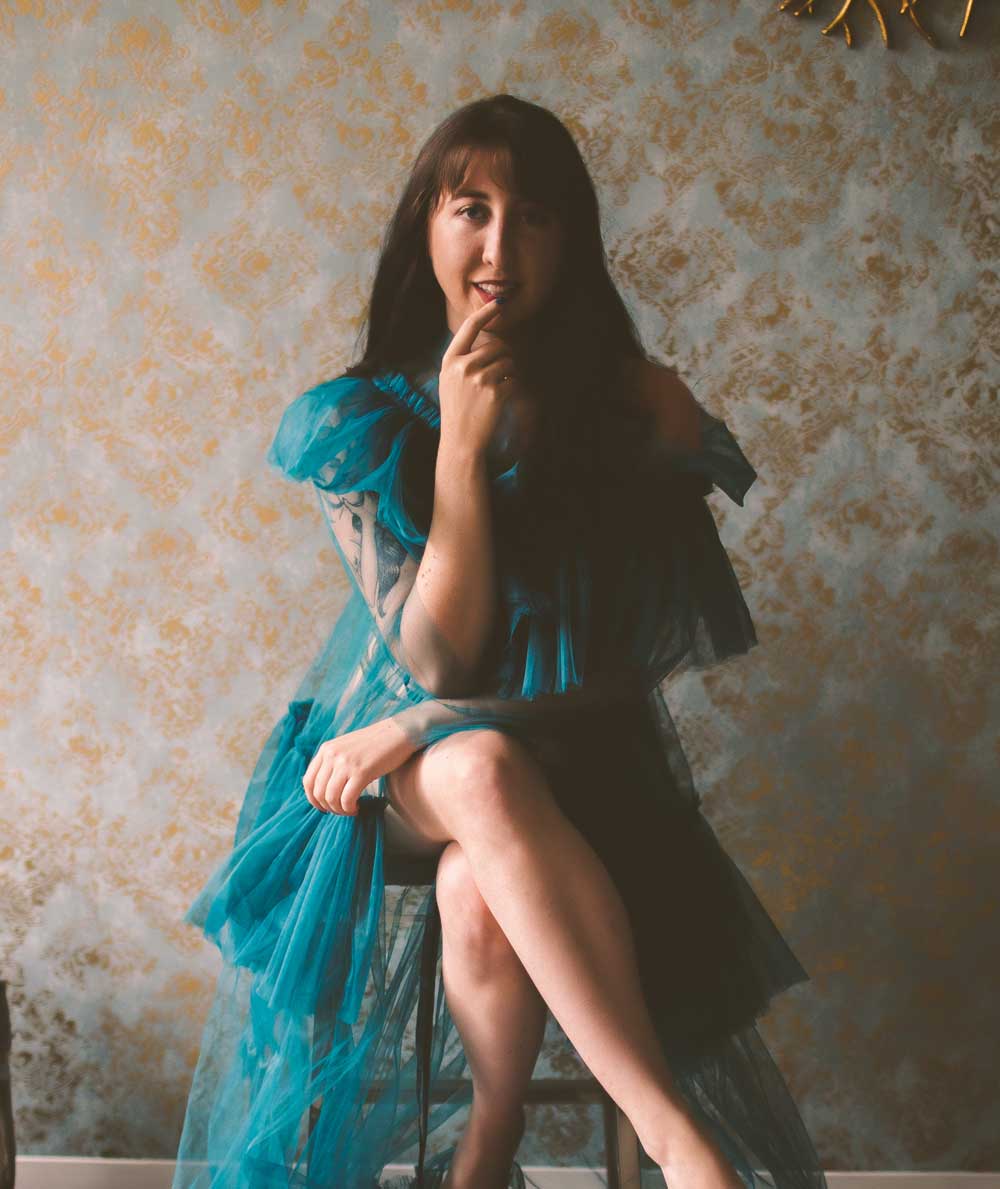
- Instagram: @turningviolet_
Tara Michaela (she/her)
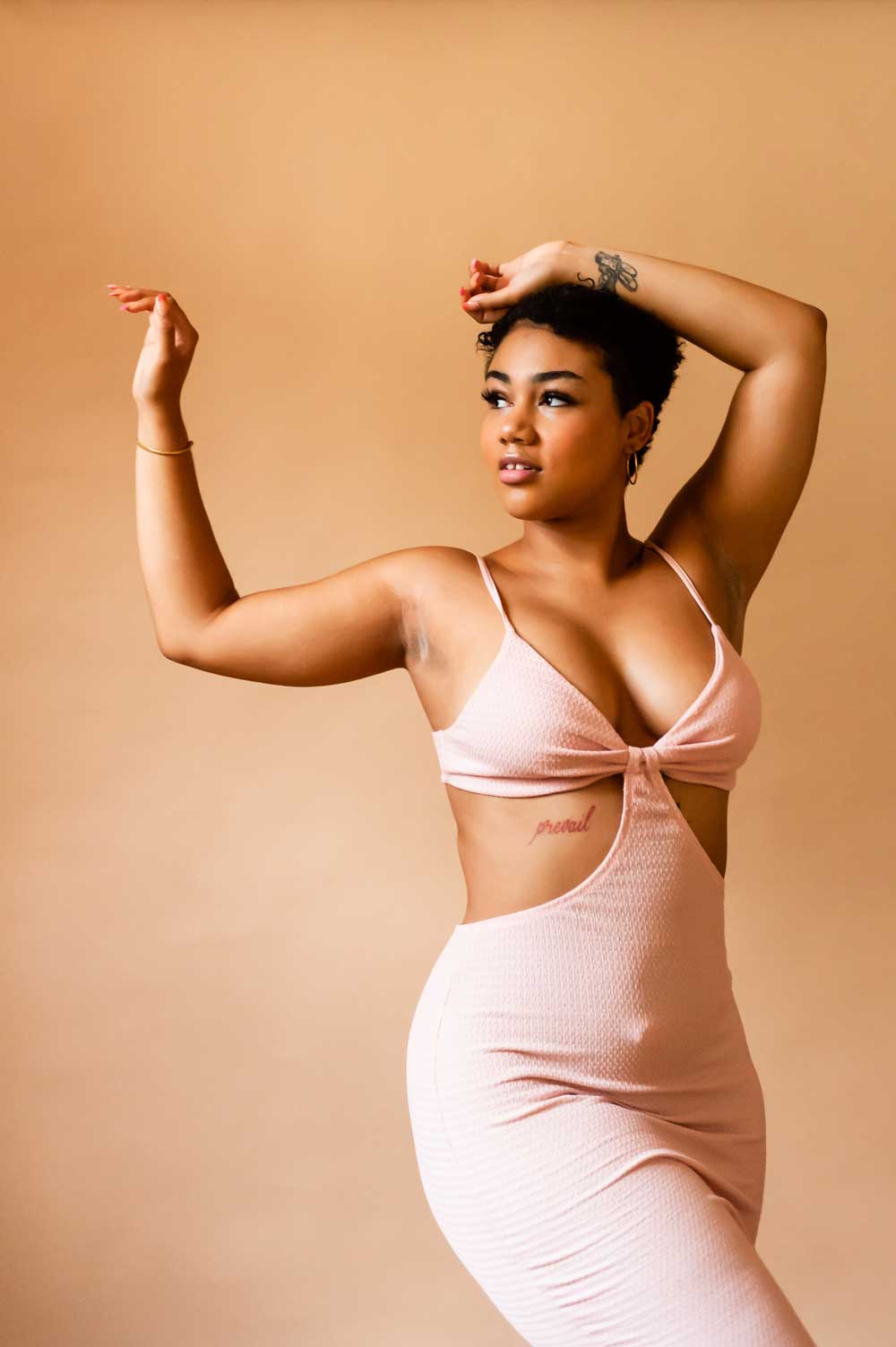
- Sweet Nuthin’s: https://www.taramichaela.com/
- Instagram: [@tara.michaela]
Zoe Stoller (she/they)
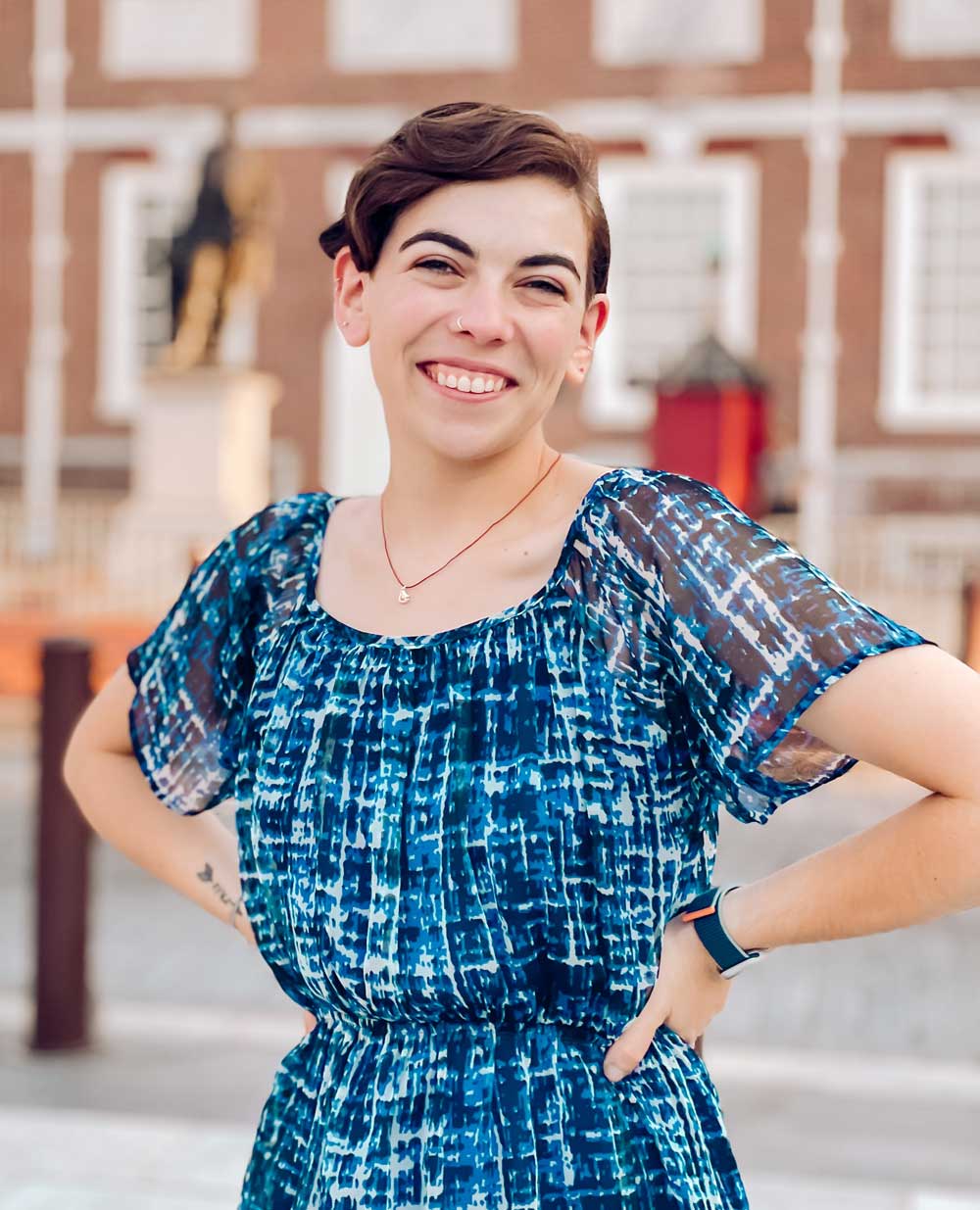
- Instagram: @zoestoller
- TikTok: @zoestoller
Dr. Olivia Richman (she/her)
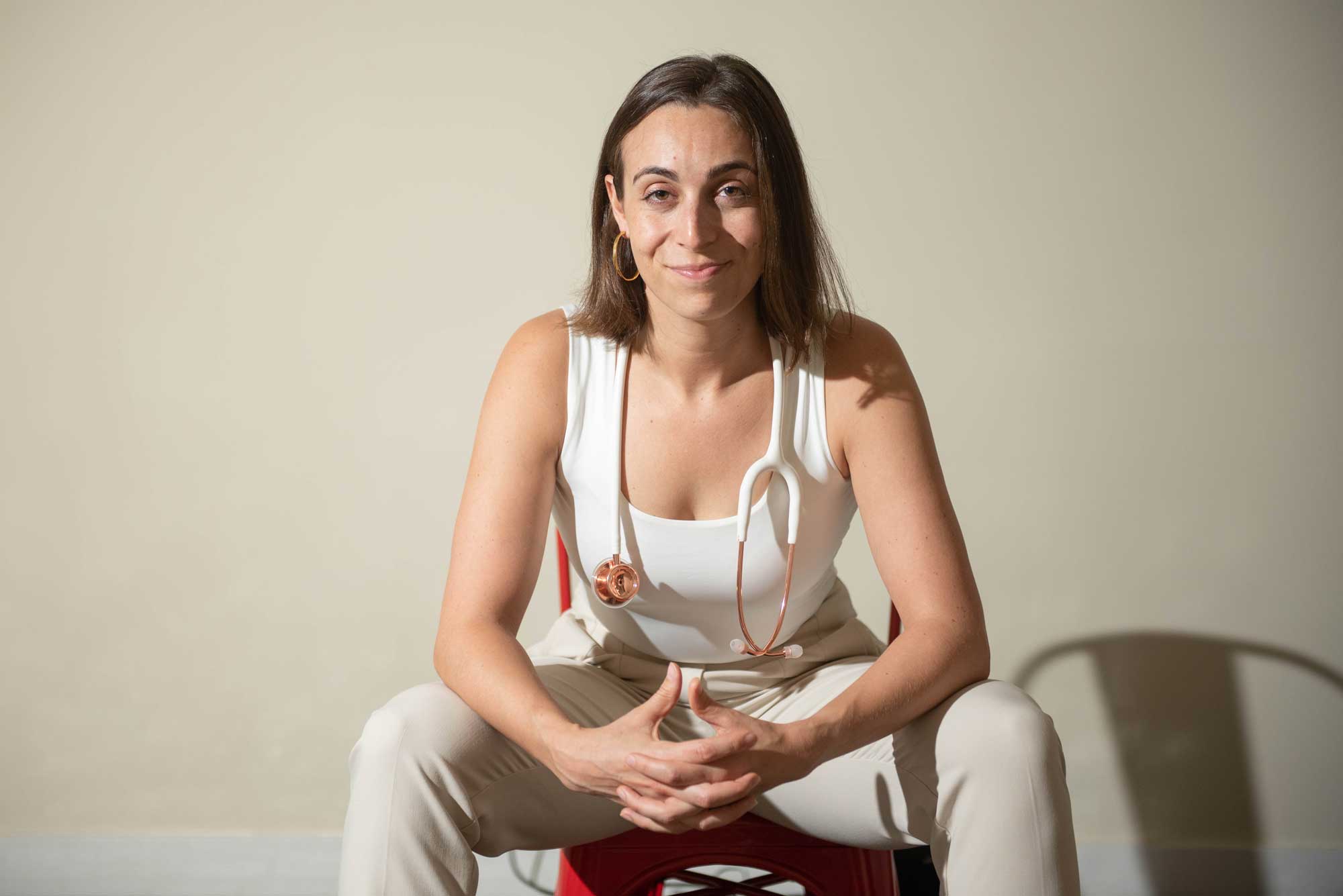
- Instagram: @DrOliviaRichman
- Youtube: Dr. Olivia Richman
